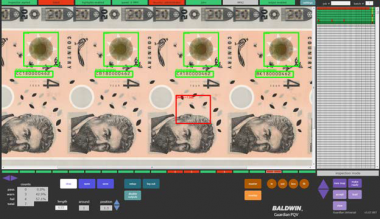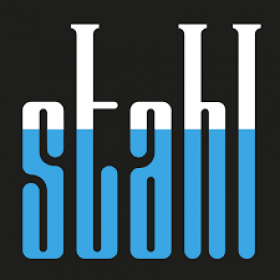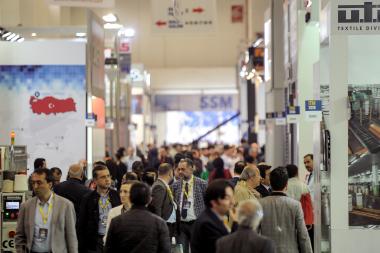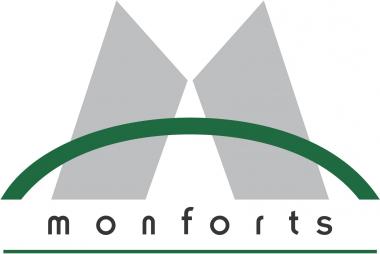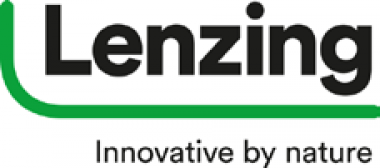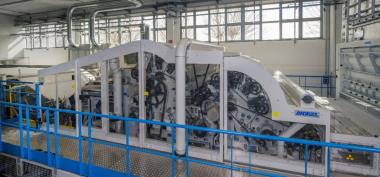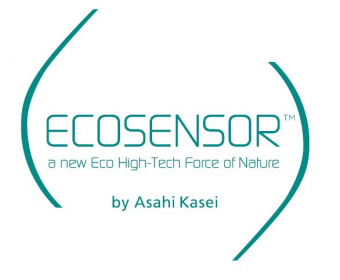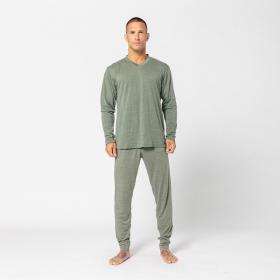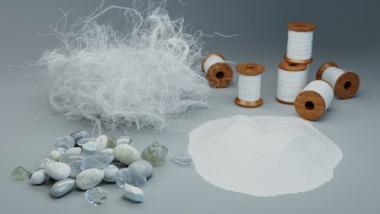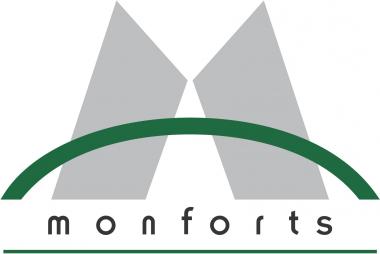Baldwin showcases its “Complete Solution” for security print at Tax Stamp and Traceability Forum
Baldwin Technology Company Inc., an innovator of advanced color-management solutions and inspection technology for the printing industry, will present its “Complete Solution” for printing and inspection at the Tax Stamp and Traceability Forum, held May 16 to 18 in Malta.
Baldwin’s Complete Solution can be any combination of feeders (roll or sheet), vacuum tables, inspection systems, inkjet printers, UV ink-curing systems, reject gates and bins, sheet stackers, and real-time monitoring and reporting tools. Alongside Baldwin’s technologies, optional solution components can be joined together through partnerships with suppliers to create a world-class solution.
For advanced defect detection, Baldwin’s Guardian PQV 100% Print Inspection camera systems can be mounted on one or both sides of the product to perform 100% print-quality inspection, verify variable data and inspect the most challenging security print features. The system offers lighting options for all materials and substrates, as well as for special applications, including holograms, covert serialization, covert security features and more. The Guardian PQV can also be retrofitted to existing presses, machines and transports.
As part of a data-connected defect-management workflow, the Guardian PQV is a feature-rich inline defect-detection system that enables printers to find and remove defects quickly—and monitor their processes to prevent defects from occurring again or repeatedly. This technology provides complete print-quality verification from prepress through production, reporting and archiving for perfect runs.
Baldwin recently realigned its sales teams to optimize service and simplify access to its process-improvement and consumables technologies for printing and packaging customers in more than 100 countries. Two new sales professionals have since joined the team, covering smaller regional geographies and providing customers with a single point of contact for all of Baldwin’s product lines.
Baldwin Technology Company Inc. / Barry-Wehmiller


